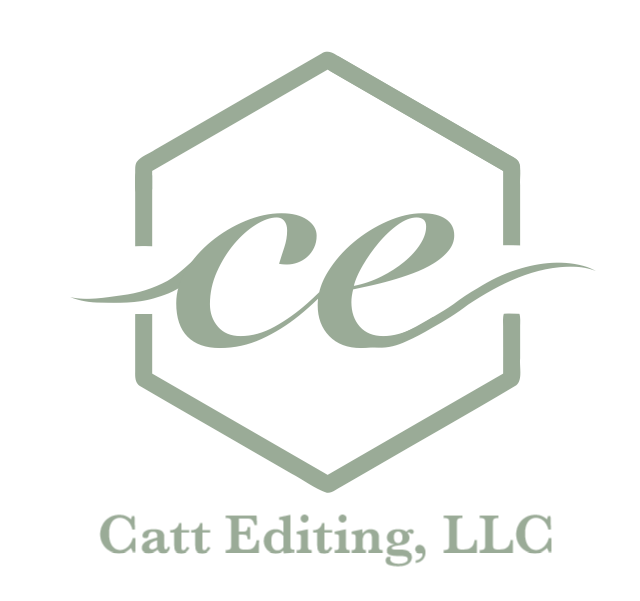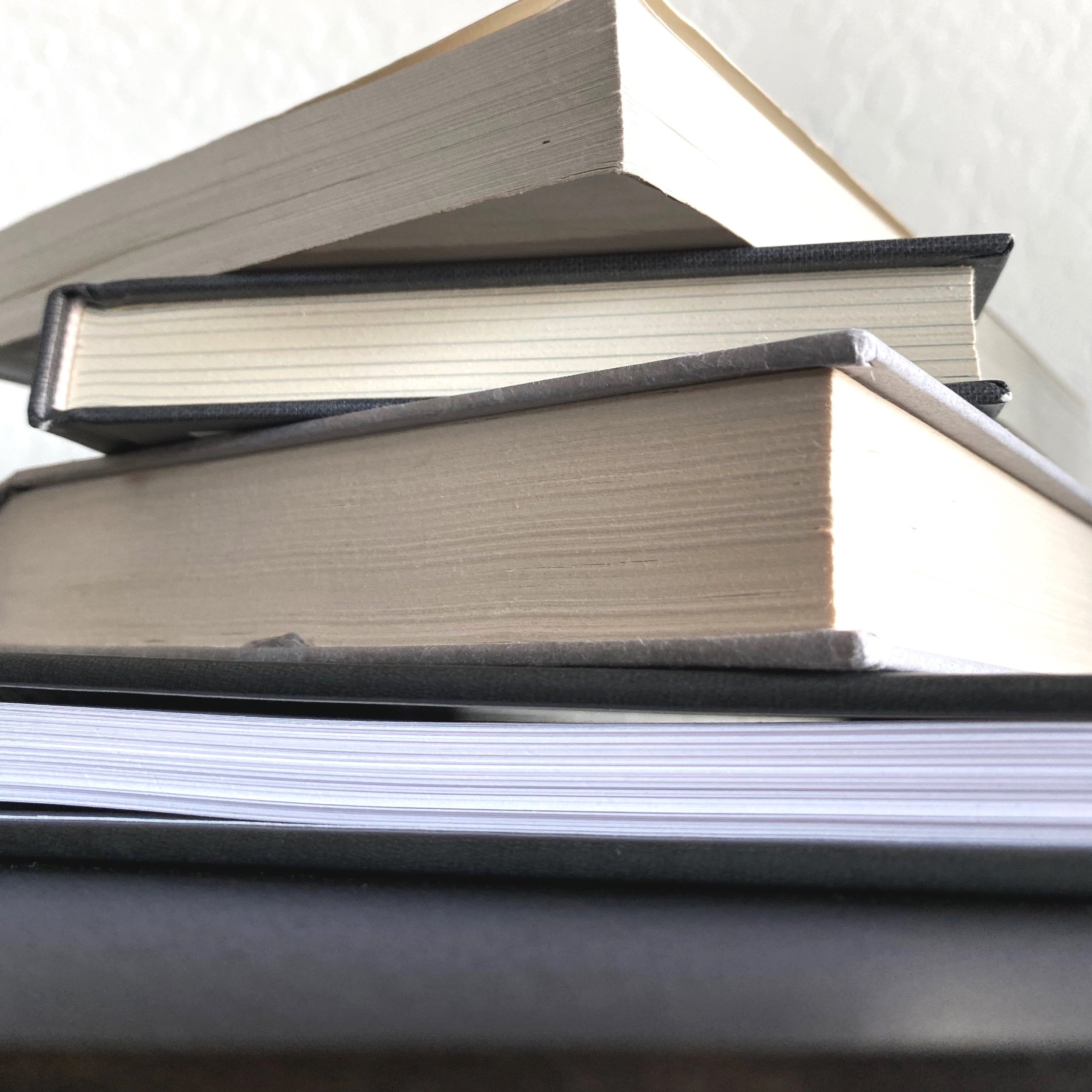
Looking for something specific?
Use the search bar below.
Why Can’t My Editor Proofread My Book Too?
It may seem easier and cheaper to have an all-in-one editor, this way you get all the editing done in one go. Let me tell you why you shouldn’t do this.
What Are the Different Types of Editors?
There are several types of book editors that do different jobs and come at different stages. You’ll want to hire them in the correct order, otherwise someone’s word (and your money) will be for naught. Let’s go through the four main types of editors and what they do!
Does a Specific Audience Matter (in Nonfiction Books)?
Are you writing to experts in the field or someone who is just starting to learn about this topic? Are you writing to upper-class people, lower-class people, or people of all SES backgrounds? Are you writing to people in your geographical area only or anywhere in the world?
You don’t need to write to everyone.
All About Proofreading
Proofreading is for last-minute touch-ups before publishing.
Some things a proofreader might look for are errors in punctuation, grammar, spelling, and simple formatting. They’ll make sure all the cross-references that say, “See page X for more information about this,” actually line up and have the correct page number. They’ll make sure a chapter number isn’t skipped or duplicated, that words aren’t cut off by graphics, that the pages look nice and clean. All the little details that you don’t really want to take the time to check are important, that’s what a proofreader will do for you—in addition to checking for typos, punctuation errors, and inconsistent grammar.
3 Questions to Consider Before Drafting a Nonfiction Book
I know you’re probably eager to get started writing your nonfiction book (either memoir or self-help), but you need a plan first. It will be worth it to take the time now and figure out the answers to three big questions before you start writing.
Using Real Names in Nonfiction Books
If you thank someone by name in the acknowledgments section of your book, you don’t need permission because it’s probably a positive or neutral mention. If you want to talk about how your stepdad ruined your life, you’ll need permission because that’s negative. Seems pretty easy, but when in doubt, always ask permission. I’ll mostly be talking about negative mentions in this blog post.




















